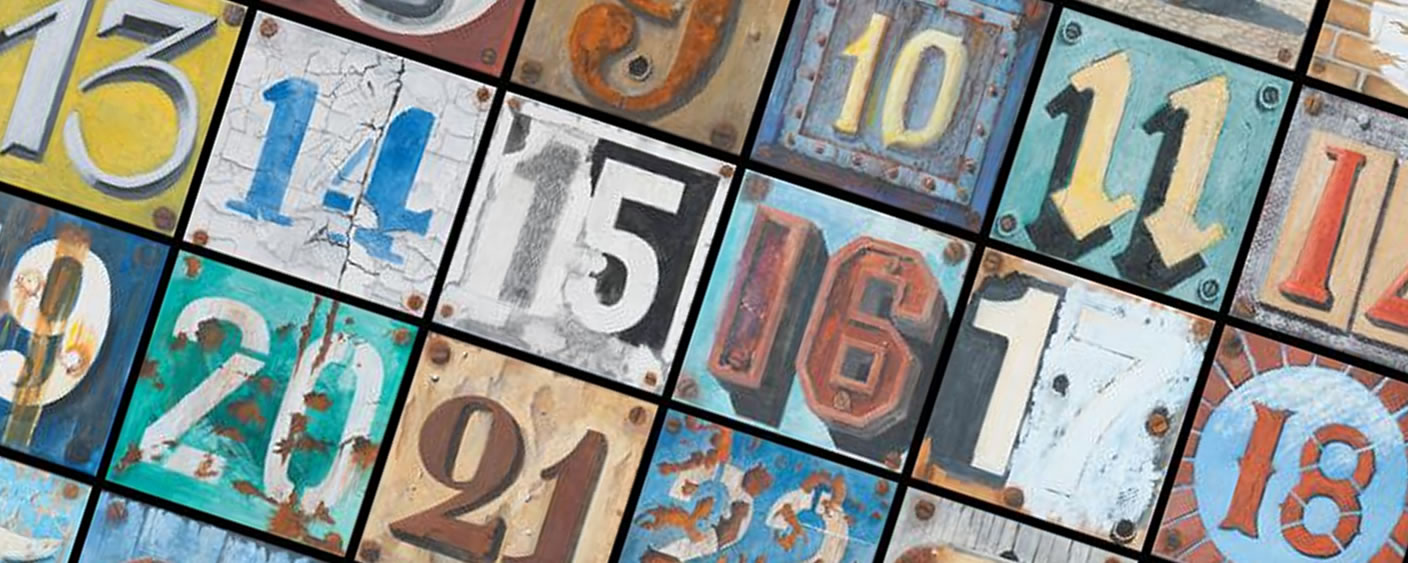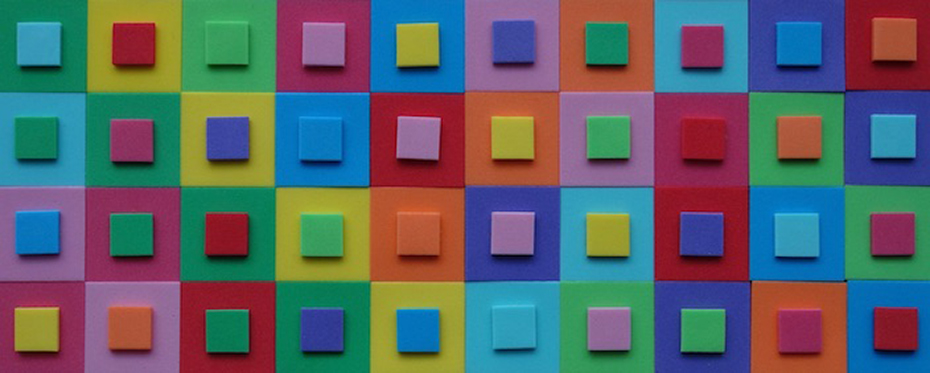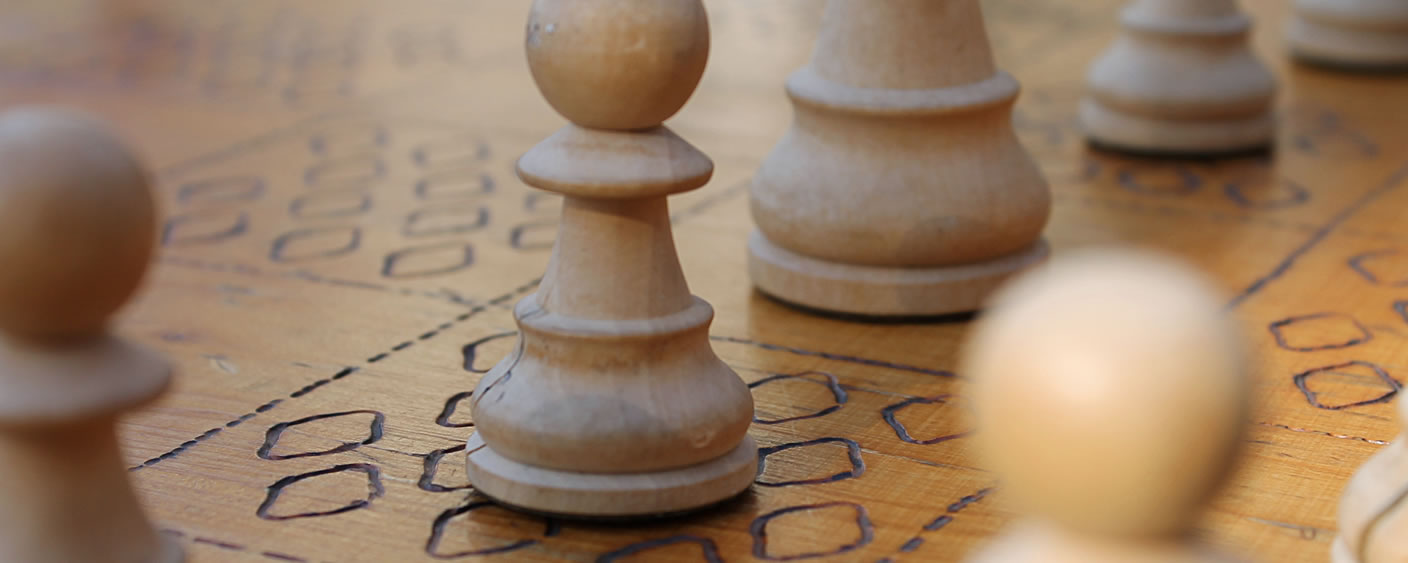Game types
Mathematics shows its fun, playful side. Recreational mathematics concerns simple, generally comprehensible and entertaining mathematical problems. We primarily examine it from a historical perspective here.
We explain popular and less known games, their history and the underlying mathematical aspects, and describe developments which have led to key theories in the mathematical sciences.
Among others, recreational mathematics includes number games, geometrical games, combinatorial problems, games of chance or even games of strategy. They all have one thing in common: tackling mathematical problems takes centre stage. The core elements are numbers, shapes, order, chance and strategy.
Numbers
The oldest mathematical games documented in historical sources are number games. Mathematical texts from earlier cultures reveal that besides practical tasks, entertaining arithmetic problems were also conceived. The monastic literature of the Middle Ages contains numerous collections of number puzzles and the arithmeticians of the sixteenth century liked to use them to explain their theories and lighten the substance of their books. Numerical problems in imaginative guises still exist to this day and new tasks, such as "Kakuro", have been invented with great success. Number games have especially triggered developments in number theory and algebra.

Shapes
Games with shapes are based on the geometric and topological properties of particular shapes in a plane or solids in space. The objects can be disassembled, shifted or combined, usually to construct new objects. Some games involve finding paths with particular properties in predetermined shapes. The mathematical interest here primarily lies in the existence and elegance of a solution. Although these kinds of game are closely related to geometry, they have also triggered interesting developments in topology, combinatorics and graph theory.

Ordering
Combinatorial problems involve trying out or counting all possible combinations of items, such as letters, numbers or geometric shapes, which lead to a certain result. The mathematical interest here consists in whether a solution even exists, what the properties of a solution are and how to best arrive at a solution, i.e. in the smallest number of steps. Games with combinatorial arrangements have led to developments in many areas of mathematics, especially combinatorics, graph theory and group theory.

Chance
In games of chance, the outcome essentially depends on coincidence and not the player’s skill or decision-making. There is no "clever" or "foolish" behaviour which might influence the result of the game. The mathematical element here usually consists in calculating the chances of winning. The mathematical analysis of games of chance, along with the philosophical discussion on the notion of probability, led to the development of probability calculus.

Strategy
A game of strategy demands an approach from the players that is ideally geared towards the entire course of the game. It is not merely a question of factoring the previous and next move into one's considerations; the player also needs to plan several moves ahead. In the case of games of strategy, there is no or hardly any element of chance or randomness. The mathematical analysis of games of strategy led to the development of game theory.
